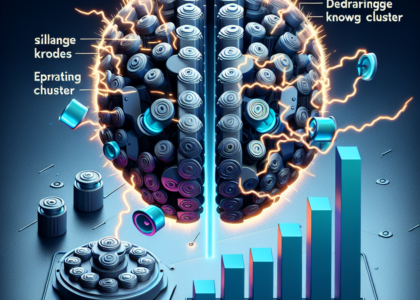Authors: Beichen Zhang, Yuhong Liu, Xiaoyi Dong, Yuhang Zang, Pan Zhang, Haodong Duan, Yuhang Cao, Dahua Lin, Jiaqi Wang
Abstract: Cutting-edge large language models (LLMs) demonstrate promising performance
in solving complex math problems with a divide-and-conquer pipeline and the
assistance of in-context learning (ICL) examples. However, their potential for
improvement is limited by two critical problems within their ICL examples:
granularity-mismatch and the ensuing negative-effect noise problem.
Specifically, the LLMs are capable of the dividing process yet mostly failed by
inaccurate reasoning within a few conquer steps, while the ICL examples
retrieved in question-grained sometimes lack relevant steps for a specific
challenging reasoning step. Further, this disconnect may hinder the correct
reasoning due to its irrelevance. To this end, we focus on improving the
reasoning quality within each step and present BoostStep. BoostStep aligns the
granularity between the retrieving and reasoning on step grained, and provides
highly related ICL examples for each reasoning step with a novel `first-try’
strategy. BoostStep provides more relevant examples than the coarse
question-grained strategy, enhancing the model reasoning quality within each
step steadily. BoostStep is a general and robust reasoning-enhancing method
that not only improves standalone reasoning performance but also integrates
seamlessly with Monte Carlo Tree Search methods (MCTS) to refine both candidate
generation and decision-making. Quantitatively, it improves GPT-4o and
Qwen2.5-Math-72B by 3.6\% and 2.0\% respectively on various mathematical
benchmarks, and 7.5\% gain combined with MCTS.
Source: http://arxiv.org/abs/2501.03226v1





